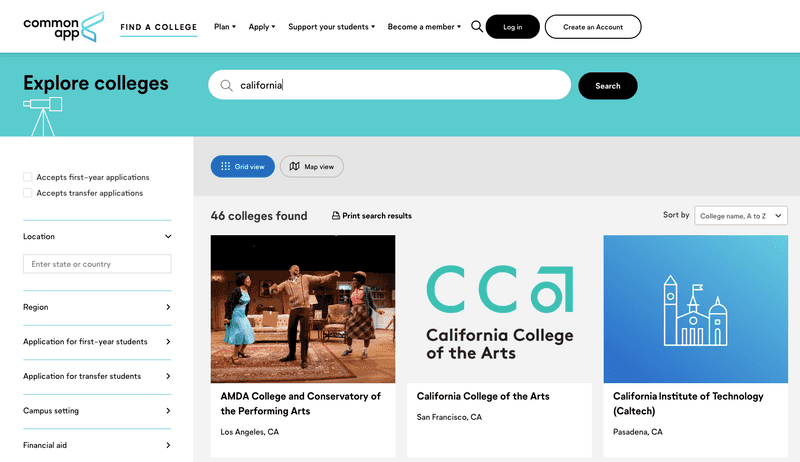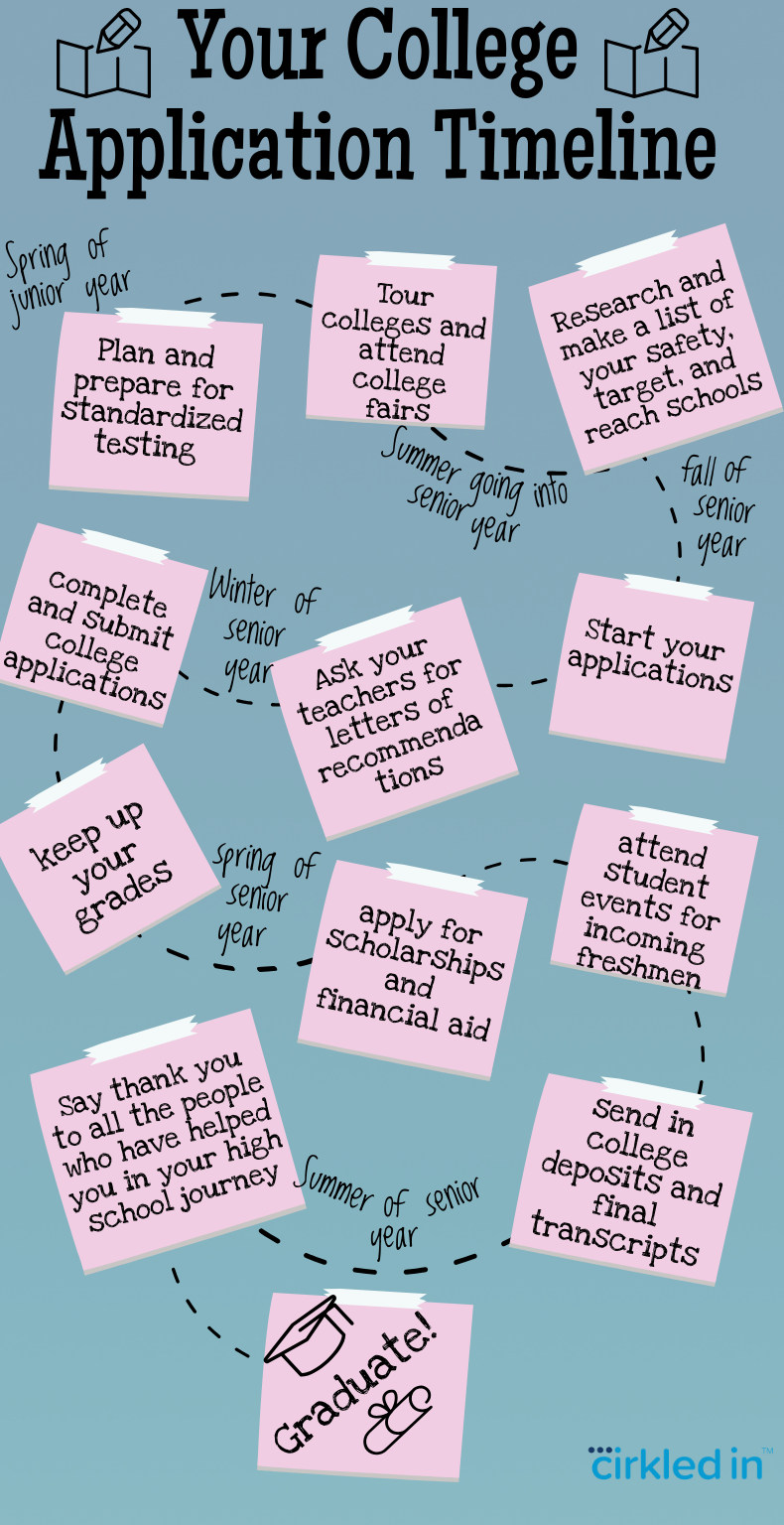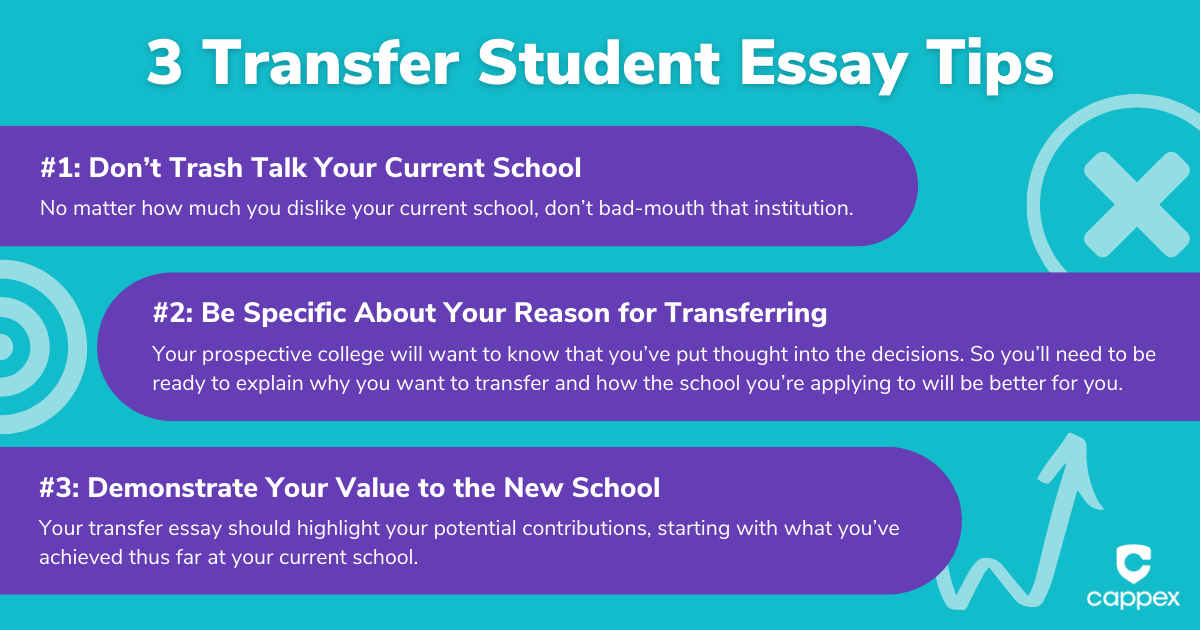
“Excited diverse managers achieving …” from www.pexels.com and used with no modifications.
Life as a non-traditional college student is like keeping multiple plates spinning at the same time. You’re not just a student; you’re possibly a parent, a full-time employee, or a caregiver. It’s a lot to handle, and without the right strategies, stress can get the better of you. But worry not, because managing stress is like learning to ride a bike—once you’ve got the hang of it, it becomes second nature. So let’s dive into some stress management tips that will help you keep all those plates spinning with a smile.
Article-at-a-Glance
Identify your unique stressors and develop a personalized stress management plan.
Master time management to balance school, work, and personal life effectively.
Adopt self-care routines, including exercise, nutrition, and sleep, to maintain well-being.
Build a strong support network of fellow students, family, and friends.
Utilize academic and wellness resources available to non-traditional students.
Managing Multiple Roles
One of the first steps to managing stress is recognizing the multiple roles you play. As a non-traditional student, you might be a parent before breakfast, an employee during the day, and a student by night. Acknowledging these roles can help you understand where your stress is coming from, which is the first step to managing it.
Setting Achievable Goals
Setting goals is crucial, but they must be achievable. Break down your long-term objectives into smaller, bite-sized tasks. For instance, instead of aiming to ‘study more,’ set a goal to ‘spend 30 minutes reviewing notes before bedtime.’ It’s specific, measurable, and much more manageable.
Accessing Support Networks
Remember, you’re not in this alone. Accessing support networks, whether they’re on-campus counseling services, online student forums, or study groups, can make a world of difference. They offer a space to share your experiences and learn from others who might be in the same boat.
Embracing Flexible Learning Options
Many colleges now offer flexible learning options, such as online classes or night courses, specifically designed for non-traditional students. Embracing these options can reduce the stress of trying to fit a traditional class schedule into an already packed life.
Mastering Time Management
Time management is the golden key that unlocks the door to stress-free college life. It’s all about planning ahead and being realistic about what you can achieve in the time you have. A well-organized schedule is a stress management tool you can’t afford to overlook.
Creating an Effective Study Schedule
When it comes to studying, quality trumps quantity. Create a study schedule that works around your other commitments, and stick to it. Consistency is key. Even if it’s just a small amount of time each day, it will add up and keep stress at bay.
Prioritizing Responsibilities
Prioritizing your responsibilities can help you focus on what’s truly important. Make a list of your daily tasks and rank them in order of urgency and importance. Tackling the most critical tasks first will give you a sense of accomplishment and reduce the stress of looming deadlines.
Remember, stress is a natural part of life, especially for non-traditional college students. But with the right approach, it can be managed effectively. Stay tuned for more in-depth strategies on self-care, building support networks, and utilizing resources to help you thrive in your college journey.
Nutrition: Eating for Energy and Concentration
Eating isn’t just about satisfying hunger; it’s about fueling your body and mind. As a non-traditional student, you need food that keeps you energized and focused. Opt for a balanced diet rich in fruits, vegetables, lean proteins, and whole grains. Snack on nuts and seeds for a quick energy boost between classes or during study sessions. Avoiding heavy, greasy meals can prevent that post-lunch slump and keep you alert for the tasks ahead.
The Power of Good Sleep
Never underestimate the power of a good night’s sleep. It’s tempting to burn the midnight oil, but compromising on sleep can lead to reduced concentration and increased stress. Aim for 7-9 hours of quality sleep each night. Establishing a regular sleep routine can improve your mood, enhance your cognitive functions, and make those study sessions more productive.
Some students believe they can function on less sleep, but the truth is, the effects of sleep deprivation can sneak up on you. You might find yourself struggling to remember information or making simple mistakes. Prioritize sleep, and your body will thank you with improved performance.
Sleep isn’t just a break for your body; it’s when your brain consolidates memories. So, those hours of rest are actually helping you learn better. If you’re finding it hard to switch off at night, consider a calming pre-sleep routine. Read a book, listen to soothing music, or practice some gentle yoga to signal to your body that it’s time to wind down.
Building Your Support Network
As you navigate the complexities of college life, a strong support network is invaluable. This network is a safety net, ready to catch you when you’re overwhelmed and cheer you on when you succeed.
Building this network starts with reaching out. Connect with classmates, join study groups, and participate in campus activities. These connections can provide emotional support, helpful advice, and sometimes, just a listening ear.
Participate in online forums and social media groups for non-traditional students.
Attend events and workshops tailored to adult learners.
Seek mentorship from faculty members who understand the non-traditional student experience.
Remember, your support network extends beyond the campus. Your family and friends play a crucial role in your academic journey. Keep them in the loop about your schedule and the pressures you’re facing. They can offer encouragement, help with household responsibilities, or just provide a space for you to vent and decompress.
Connecting with Other Non-Traditional Students
There’s comfort in shared experiences. Connecting with other non-traditional students can provide you with a sense of community and understanding that you might not find elsewhere. These peers know exactly what you’re going through and can offer tips and strategies that have worked for them. Plus, you can pool resources, like textbooks or childcare recommendations, to help each other out.
The Role of Family and Friends
Your family and friends are your cheerleaders. They want to see you succeed and are often more than willing to help you make that happen. Have open conversations with them about your needs, whether it’s quiet time to study or help with family duties. Remember, asking for help isn’t a sign of weakness; it’s a strategy for success.
Utilizing Academic and Wellness Resources
Colleges are increasingly recognizing the unique challenges faced by non-traditional students and are offering resources to support them. From tutoring centers to mental health services, these resources are there to help you succeed.
Take advantage of academic advising, where you can get personalized guidance on course selection and career planning. If you’re struggling with a particular subject, don’t hesitate to seek out tutoring services—many are available at no extra cost.
Check if your college offers childcare services or assistance.
Explore financial aid options specifically for non-traditional students.
Utilize the campus health center for both physical and mental health concerns.
Online tools and applications can be a lifeline for managing your college workload. There are apps for everything—from organizing your schedule to tracking your study habits. Experiment with different tools to find what works best for you.
Maximizing On-Campus Services
Many colleges offer a range of on-campus services designed to make your life easier. From libraries with late-night hours to writing centers that can help you polish your papers, these services are worth exploring. And don’t forget about health and wellness centers, where you can often access stress management workshops and fitness classes.
Exploring Online Tools and Applications
Technology can be a powerful ally in your educational journey. Online tools can help you manage your time, organize your notes, and even connect with classmates and instructors. Explore the wealth of applications designed to streamline the learning process, from cloud storage for your study materials to calendar apps that keep your schedule at your fingertips.
Online forums and study groups can also provide support and resources. They’re a place to ask questions, exchange ideas, and find encouragement from fellow students who understand the pressures you’re facing.
Practical Approaches for Work-Life-Study Balance
Finding the right balance between work, life, and study is essential for managing stress. It’s about setting boundaries and knowing when to say no. Remember, your time and energy are limited resources, and it’s okay to protect them.
Strategies for Managing Workload
When it comes to your workload, think about what’s urgent and what’s important. Not everything needs to be done right now. Learn to prioritize tasks and delegate when possible. If you have a job, be upfront with your employer about your school commitments. Many are willing to offer flexible hours or time off during exam periods.
Maintaining a Personal Life
It’s important to maintain a personal life outside of your responsibilities. It might seem like there’s no time for fun, but taking breaks is crucial for your mental health. Engage in hobbies, spend time with loved ones, or simply relax and recharge. These moments of leisure are not just enjoyable—they’re necessary for maintaining resilience against stress.
Smart Habits for Ongoing Stress Reduction
Developing smart habits now can pay off in ongoing stress reduction throughout your college experience and beyond. Simple practices like mindfulness, deep breathing exercises, and staying organized can significantly lower stress levels.
Consider setting aside time each day for relaxation and reflection. It doesn’t have to be long—even just a few minutes can help you reset and recharge. And most importantly, be kind to yourself. Recognize your efforts, celebrate your successes, and learn from the challenges without harsh self-judgment.
Stress-Busting Techniques
Let’s talk about some real, actionable techniques that can bust stress like a pinata at a birthday party. First up, deep breathing. It’s not just for yoga class; it can be a quick reset button for your brain. Try the 4-7-8 technique: breathe in for 4 seconds, hold for 7 seconds, and exhale for 8 seconds. Do this a few times, and you’ll feel the difference.
Another great technique is visualization. Picture your stress as a balloon. Now, in your mind, release that balloon and watch it float away into the sky, taking your stress with it. Sounds simple, but it’s effective.
And don’t forget about the power of laughter. Watch a funny video, chat with a humorous friend, or just giggle at your own jokes. Laughter releases endorphins, which are natural stress-fighters. So, go ahead and chuckle your way to calm.
Planning for the Unplanned: Handling Emergencies
Life loves to throw curveballs, especially when you’re already juggling a lot. So, have a game plan for emergencies. Maybe it’s a savings pot for financial surprises, or a friend who can pick up your kids in a pinch. Having a plan can turn a crisis into a manageable blip on your stress radar.
Elevate Your College Journey
Now, let’s elevate your college journey from surviving to thriving. Stress management isn’t just about coping; it’s about excelling. By managing stress, you free up mental space for creativity, problem-solving, and critical thinking—all superpowers in the college world.
Why Stress Management is Your Key to Success
Stress management is the key that unlocks your potential. It helps you focus, retain information, and engage with your studies in a deeper way. When you’re not stressed, you can actually enjoy learning, and that’s when the magic happens.
So, take these tips, tailor them to your life, and watch as stress takes a backseat to your success.
Take Charge with the Keys to the CASTLE JumpStart Report
If you’re looking for a more structured approach to conquering college stress, look no further. The Keys to the CASTLE JumpStart Report is your guide to navigating college admissions with less stress and more success. It’s packed with secrets and tips to help you stand out and get into your top choice. So why wait? Take charge of your college journey today!
FAQs About Stress Management for Non-Traditional Students
Got questions? I’ve got answers. Let’s tackle some common queries about stress management for non-traditional students.
How can non-traditional students manage stress during exams?
Exam time is crunch time, and stress levels can soar. Here’s what you can do: create a study plan well in advance, break down material into manageable chunks, and schedule in breaks. And remember, a good night’s sleep is your brain’s best friend during exams.
What are some quick stress relief techniques for students?
Need a stress relief quick fix? Try these:
Take a brisk walk or do some jumping jacks to get your blood pumping.
Practice progressive muscle relaxation, tensing and relaxing each muscle group.
Listen to your favorite tunes. Music can be a great stress reliever.
For example, imagine you’re about to take a big exam. Your heart’s racing, your palms are sweaty. You remember the quick stress relief techniques, so you pop in your earbuds, listen to a couple of upbeat songs, and suddenly, you’re not just calmer, you’re energized and ready to tackle that test.
How important is networking for non-traditional students?
Networking is like a Swiss Army knife for non-traditional students—it’s a multi-use tool that can help with everything from finding study groups to landing jobs post-graduation. It’s not just important; it’s essential.
Are there specific resources for older students returning to college?
Absolutely. Many colleges offer resources like adult learner programs, career counseling specifically for returning students, and even scholarships for those who’ve had a gap in their education. Don’t be shy about asking for what you need.
Can exercise really help with academic stress?
Yes, it can! Exercise is a stress-relief powerhouse. It boosts endorphins, clears your mind, and can improve your mood. Plus, it helps you sleep better, which is a win-win for managing stress and acing your studies.
And there you have it—practical, actionable stress management tips for non-traditional college students. Remember, managing stress isn’t just about surviving your college years; it’s about thriving during them and beyond. You’ve got this!
Non-traditional college students face unique challenges, balancing education with other responsibilities like work, family, and personal commitments. Effective stress management strategies are crucial for maintaining focus and achieving academic success. Techniques such as time management, mindfulness, and self-care can help mitigate the pressures of college life.




